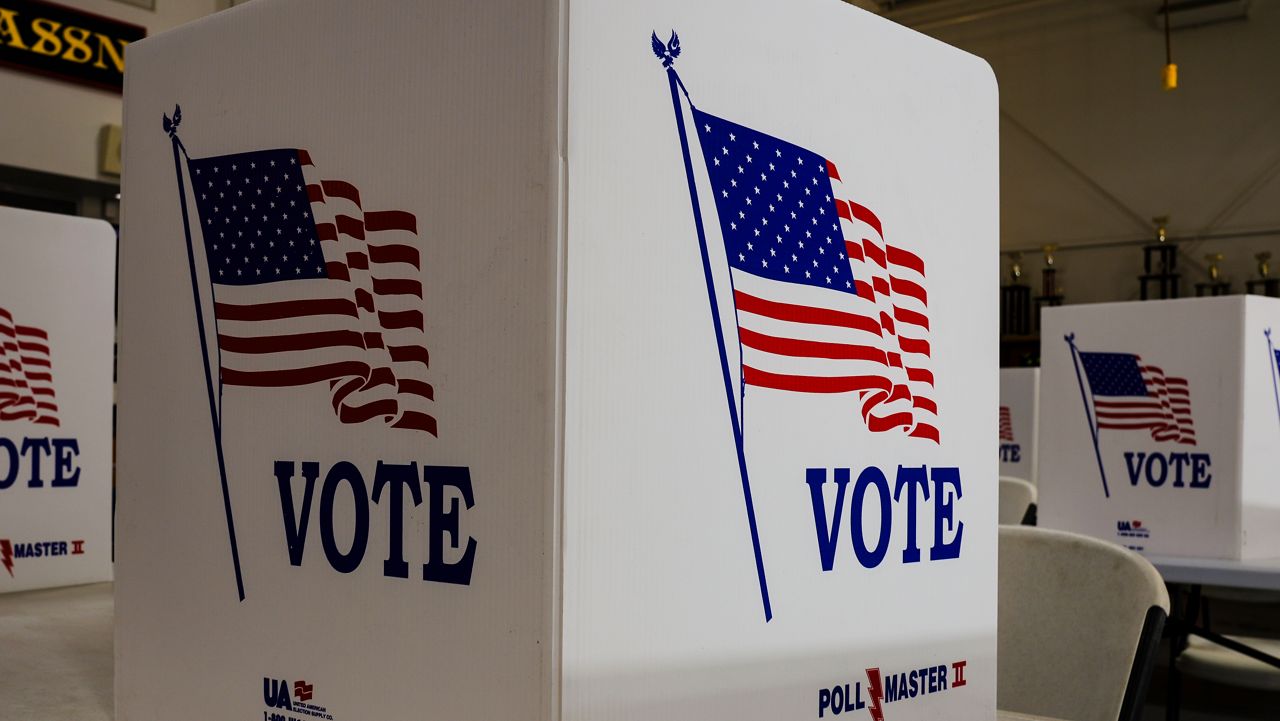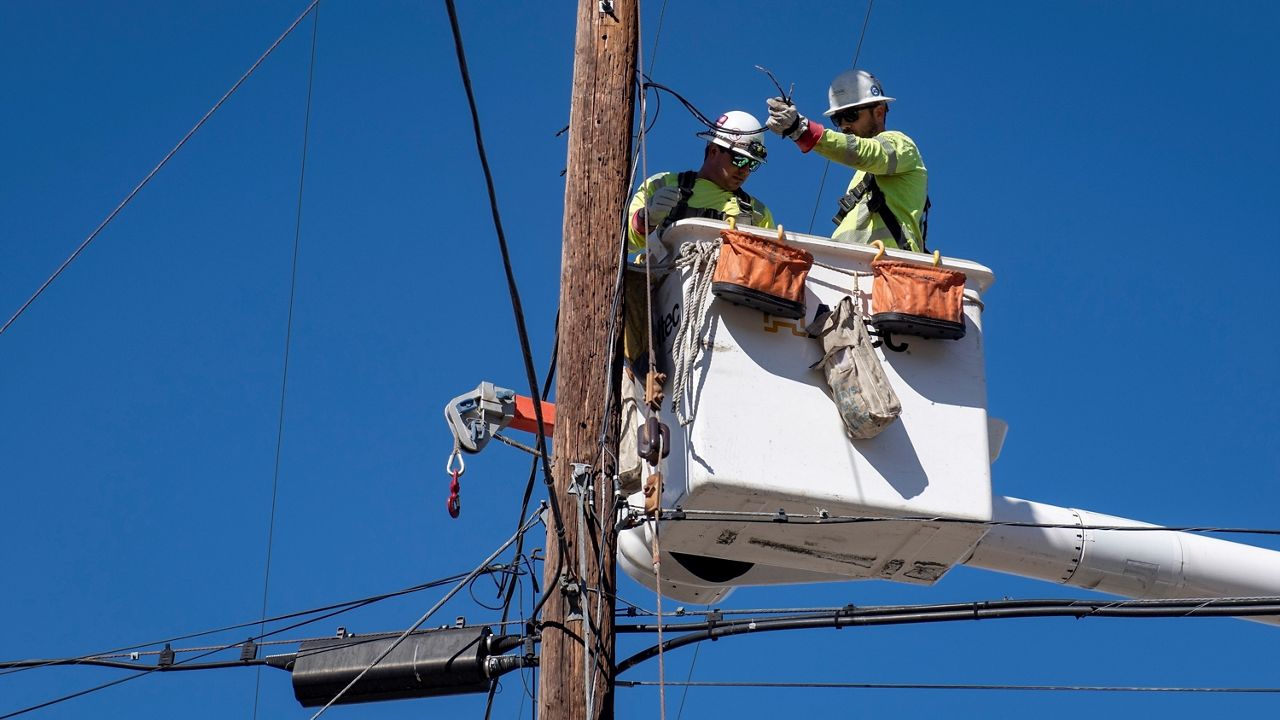HILLSBOROUGH COUNTY, Fla. -- The University of South Florida is conducting 20 clinical trials aimed at finding treatments for COVID-19. Researchers are working in partnership with Tampa General Hospital.
- USF and TGH are working together on 20 COVID-19 clinical trials
- Focuses include the effectiveness of different drugs
- Start-up timeframes were expedited, but results are still expected to be months away
"Generally, it takes over 90 days for a clinical trial to go through with the approval process to start up, but with the COVID-19 trials, we have prioritized those studies," said USF Clinical Research Director Rachel Karlnoski.
Karlnoski said the trials were reviewed by legal teams, contracted budget analysts, regulatory specialists, and institutional review boards quickly enough that the start-up timeframe was crunched down to five days.
"Clinical research has gotten a lot of visibility. I'm very happy to see that USF, we have the infrastructure ready to deploy in a very short period of time to address inpatient and outpatient clinical trials," said Karlnoski.
A number of the trials focus on how effective different drugs are when it comes to treating the virus. One will look at sarilumab and how well it can block inflammation in the lungs of severely ill patients.
Two others will test the emergency use of remdesivir, an anti-viral drug that may kill the virus, on critically ill adults and children. Several will involve hydroxychloroquine and its impact on severely ill patients, outpatients, and whether it can protect health care workers from COVID-19.
Still Another will test inhaled nitric oxide in the treatment of patients who need supplemental oxygen.
"The process of going through FDA approval sometimes takes years. Obviously, just like the study start-up, we are expediting the process of analyzing the data, going through the FDA to get approval," Karlnoski of the time frame for results. "I would say, at the earliest, we're looking at six months, and that's a tremendous stride forward."
"We were able to enroll patients much faster in these clinical trials, and so enrollment periods are shorter," he went on. "The expectations to have all of the required data entered in a timely manner and cleaned up in a timely manner is allowing a lot of these big pharmaceutical companies to analyze the data much earlier."
Karlnoski said while researchers always have to make sure they're not compromising the integrity of reviews and that appropriate protective measures are in place for patients and investigators, she's confident the trials are being handled compliantly on the expedited timeline.
"We do have checklists and we're making sure that we're not letting anything fall through the cracks, but that is always a risk when you are expediting things like this," she said.
In addition to the COVID-19 studies, Karlnoski said USF is working on more than 400 other clinical trials researching treatments and cures for other diseases.









